Breakout 13 and the Nature of Chinese Storytelling
Will this unique Chinese FMV story find a Western audience?

A new year means a new wave of Chinese indies to scrutinize. There are already a few strong performers, including the deck builder Traveler of Wuxia and the turn-based strategy game Chaos Galaxy 2. But for my money, the most interesting one is the most unusual: The FMV interactive movie Breakout 13.
It's not the kind of game I'd normally have any interest in. Interactive movies did nothing for me in the mid-late 90s when they were new and exciting, and the unexpected revival starting in the mid-2010s has passed me by as well. It's the origins of this particular game that make it intriguing. This is a Chinese film that both upholds and defies the country's storytelling traditions and says something about video games solely through its existence.
So let's take a few minutes to explore this little oddity.
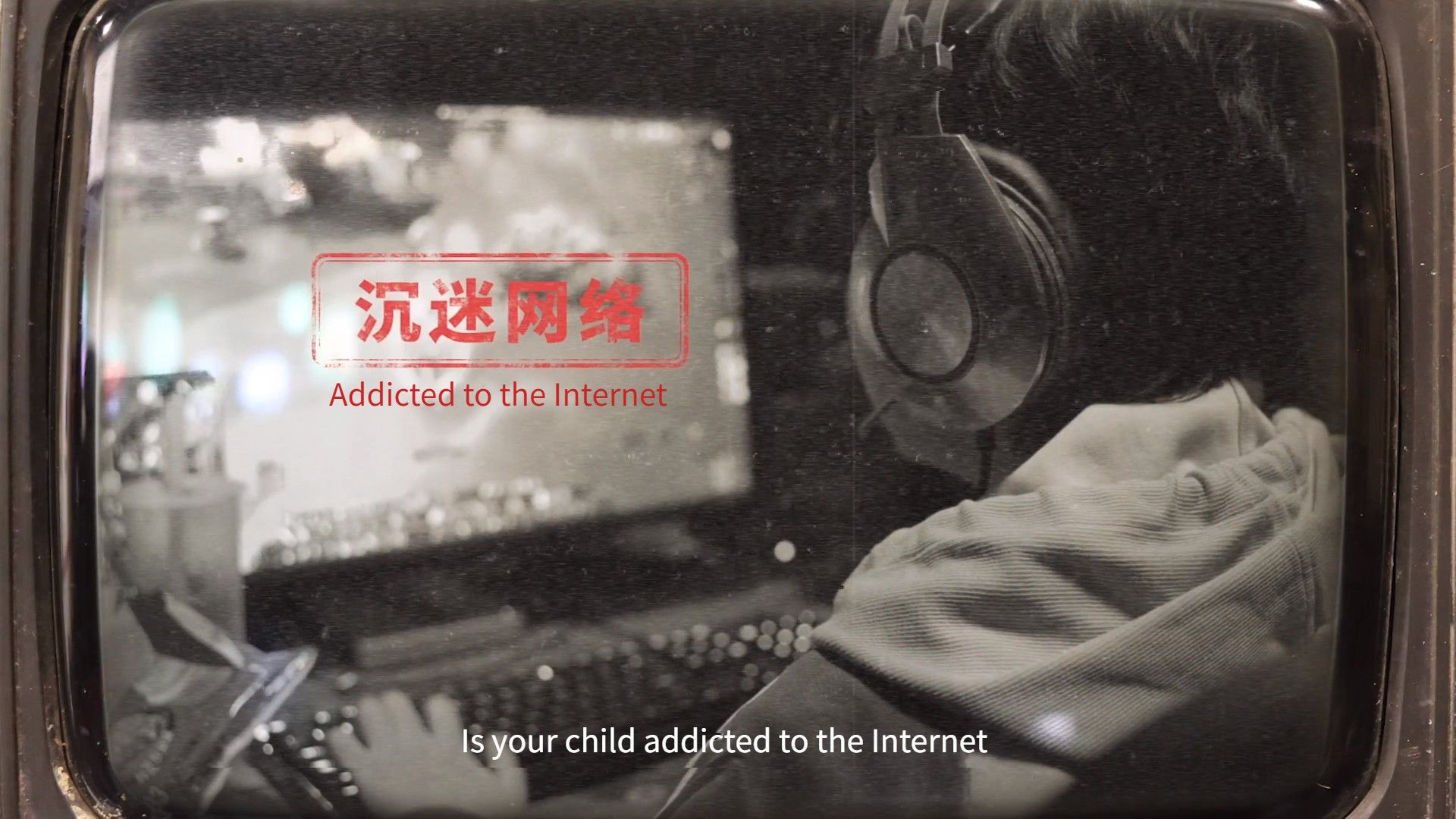
Talk about Chinese storytelling, and most Americans are going to naturally drift toward the wuxia fantasies that form most of our stereotypes about the country. Certainly, a lot of Chinese-developed games play into that stereotype. Breakout 13, meanwhile, tells a much more modern story - one that might even resonate with some Occidentals.
Zhang Yang, the protagonist, is a master of online games known best by the handle "Loser" - a sobriquet that he wears with pride. Caught ditching school to hang out in an internet cafe, he is spirited away to the Gratitude International Education Center, a special school for "rebellious" children located in an unspecified country in Southeast Asia. Yang Yong'en, the principal, is particularly well-known as an expert in internet and video game addiction, and this is precisely why Zhang Yang has been confined to this campus.
The Gratitude International Education Center is bound to remind many Americans of some of our notorious "tough love" academies - many of which are likewise located overseas, both to evade American laws and to make escape more difficult. But Zhang Yang's trespasses are comparably trivial - there's no criminality or violence in his background. This is the first distinction: In the Chinese mindset, anything that distracts from study is a sign of "rebellion." Many of the students at this school are guilty of nothing more than playing video games or expressing innocent romantic interest in a classmate.

It doesn't take long to figure out that something is awry in the Gratitude International Education Center. Shortly after arriving, Zhang Yang witnesses an act of serious violence by one of the security officers. Soon thereafter, he is dragged off and confined against his will. The staff is full of corrupt brutes, some of the students appear to be in on the violence, and Principal Yang's method of "treatment" is centered on electroconvulsive therapy, euphemistically referred to as "gratitude therapy."
The story of Breakout 13 was adapted from a story posted to one of the various web fiction services based out of the Pacific Rim. It purports to be based on actual events. I can neither confirm nor deny this, except to say this: The concept of internet/video game addiction is taken very seriously in East Asia, especially in Korea and China. The diagnosis effectively doesn't exist in the West, save as something to inspire uninformed, self-pitying rants by people with large YouTube channels. Meanwhile, parents in East Asia do sometimes seek out professionals to treat their children for this exact reason.
I couldn't tell you if any of them use ECT, though.
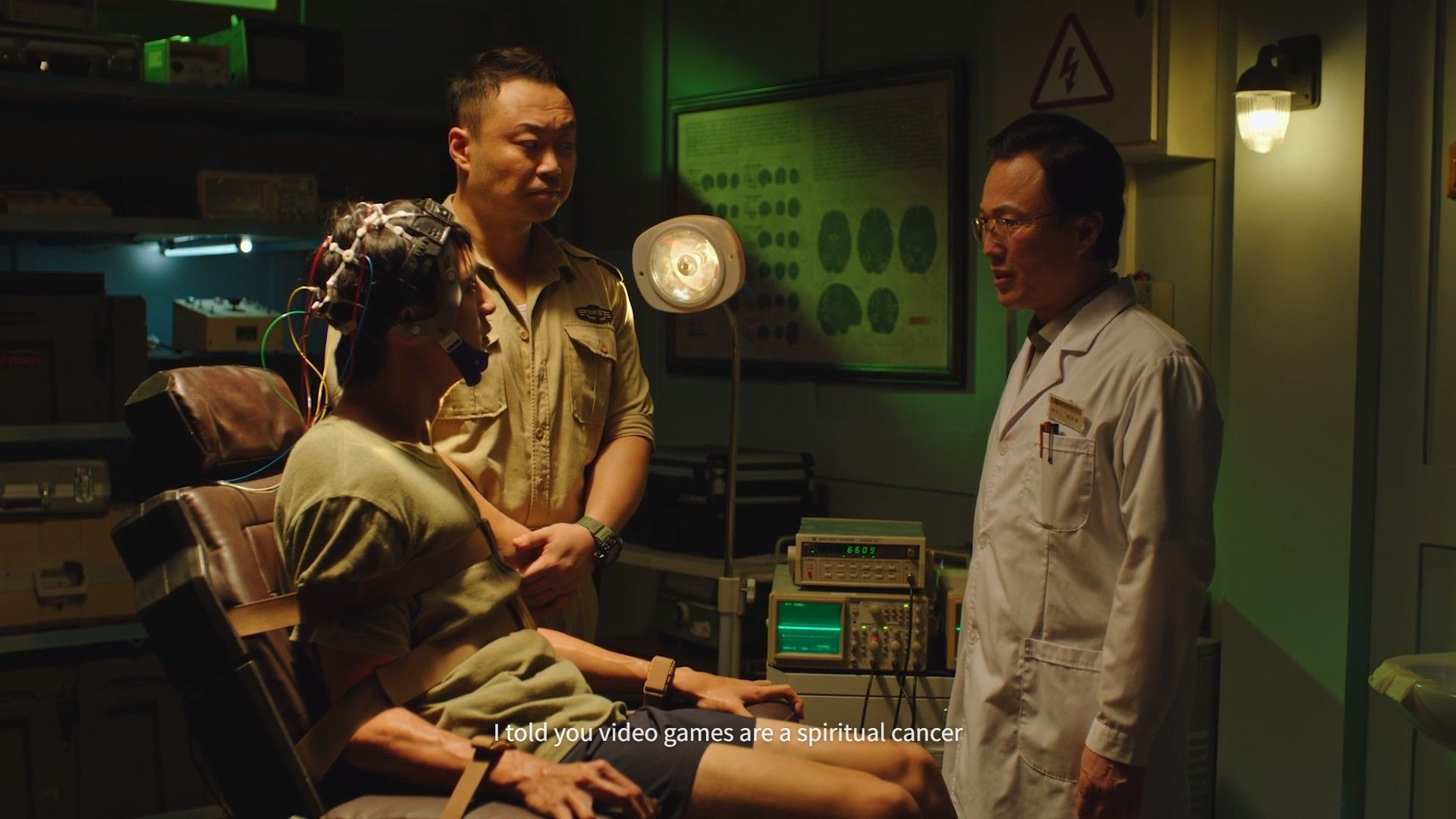
Principal Yang is a somewhat unusual villain for a story from China. He really feels more like a Western bad guy.
To us, there's nothing odd about his role here. He is a man with a great deal of power over powerless people, who then uses that power for personal gain. That is very standard in Western countries, especially in what Geert Hofstede referred to as low power distance countries. These countries - particularly the Anglophonic nations and the historically Protestant countries of north-central Europe - feature a preference for egalitarianism and a suspicion of unequal power. Those of us raised in these countries are used to seeing stories with powerful antagonists and powerless protagonists.
East Asia is very different. Countries with Confucian-influenced cultures are considered high power distance, meaning that there is far more tolerance for hierarchies and inequality. To be sure, such countries do feature stories with power disparities between hero and villain, but individual morality is far more significant. The quintessential Chinese villain might be termed the "Exploiter" - someone with a similar background to the protagonist, but far more willing to hurt others and breach social norms to advance his cause.
This is the first area where the story of Breakout 13 deviates from conventional East Asian storytelling. We are meant to feel suspicious of Principal Yang and his underlings precisely because they wield such power.
It does help that Chinese principals have received a bad reputation over the last decade or so - but that's an ugly story for another place and time.
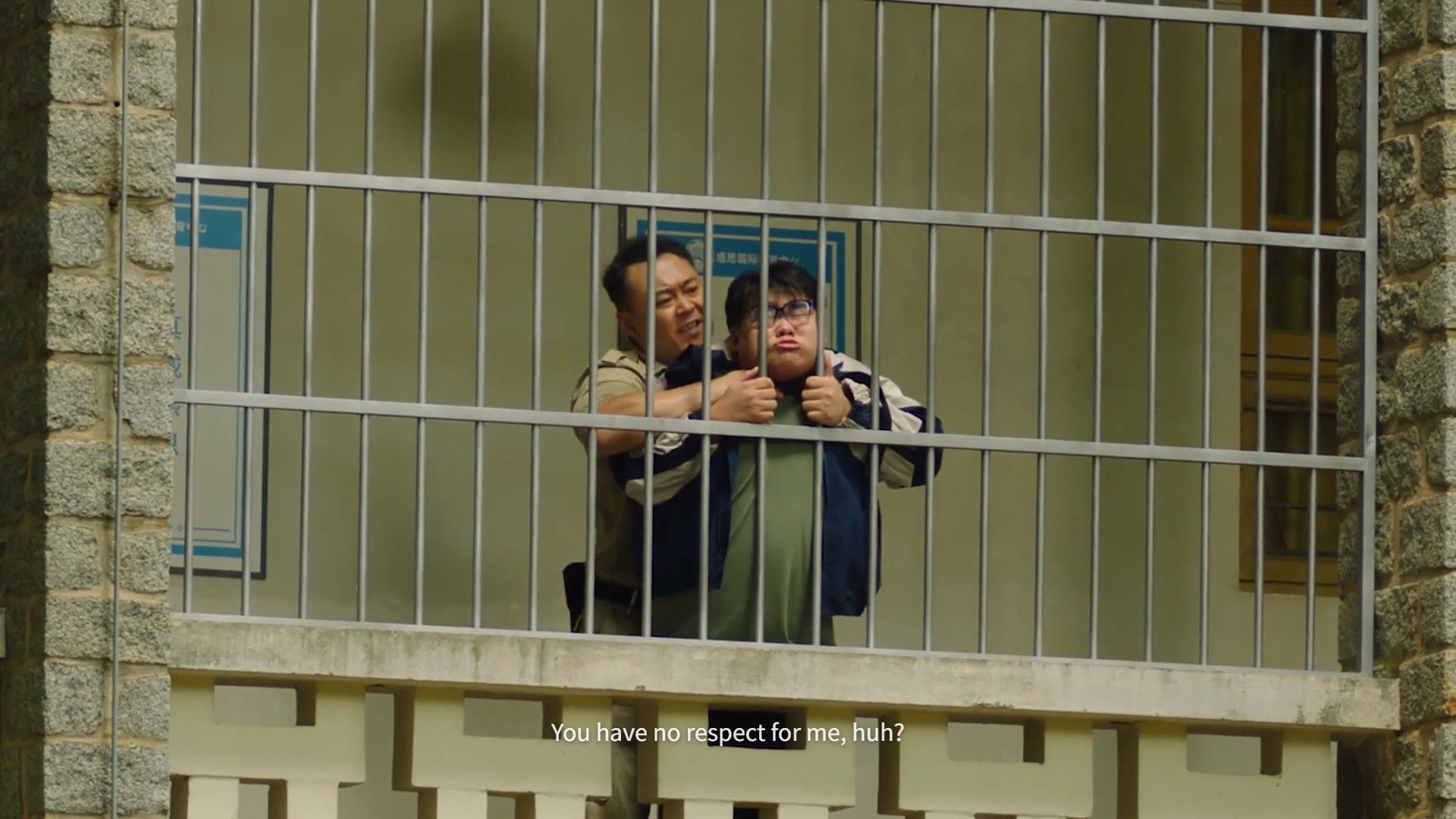
I could still justify this if I really wanted to. In China, there is an understanding that exposing evil deeds to the light of day is just as important as punishing wrongdoers. It's a concept that goes all the way back to antiquity when the guilty party was forced to confess before punishment was meted out.
Even so, this is the first point where the game starts to drift in a more Western direction. I firmly believe that unlike most Chinese games on Steam, which are meant to appeal primarily to a Chinese or East Asian audience, Breakout 13 is intended to find purchase Western gamers.
The clearest sign of this is the translation. Breakout 13 features a complete English translation and not the kind of awkward translation seen in many Chinese titles. There was a budget behind this game, and a good piece of that budget went towards a natural, high-quality English script.
But there are other, more subtle signs. The name, for one - the source material was not called "Breakout 13", and the number 13 does not have the same fearful connotations in East Asia as it does in most Western countries. The cinematography and editing also suggest that the developers had at least a passing familiarity with the "daylight horror" trend that's been so ubiquitous in horror and thriller films of the last few years.
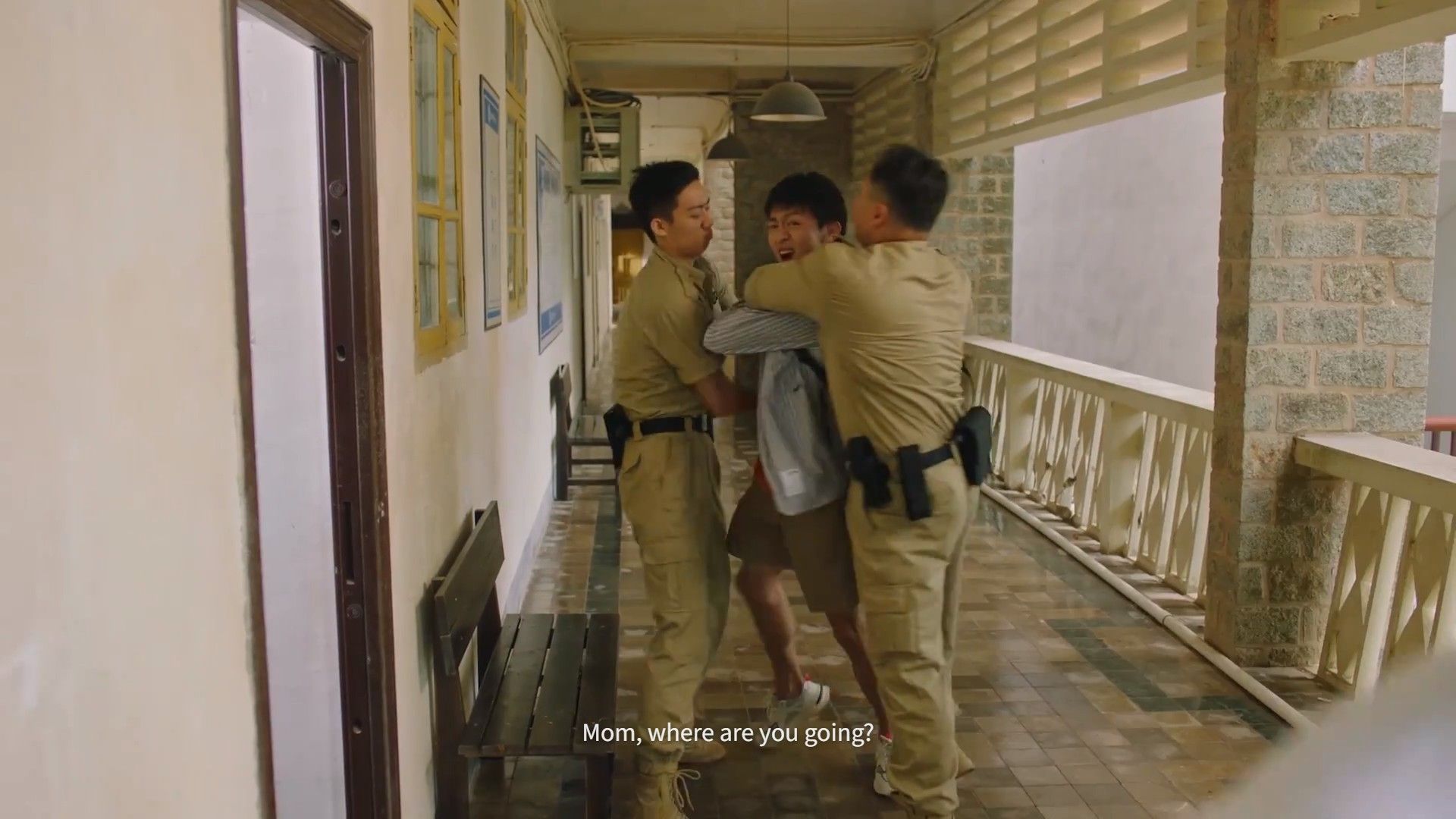
But the most telling sign is right at the heart of the game. Breakout 13 claims to have a total of eight endings. It's possible to reach one of those endings within the first portion of the game - even within the part covered by the demo.
If the player opts to make Zhang Yang totally compliant, he will have a chance to walk away from the Gratitude International Education Center within the first half-hour or so. It is a legitimate ending and the means of achieving it (do what Zhang Yang's mother says no matter what) makes sense within the game's logic. From a traditional perspective, it is even the moral choice - a proper Chinese youth obeys his parents. Yet the ending - in which Zhang Yang spends the rest of his life living in fear of his mother and Principal Yang - is clearly intended to be a bad ending.
This is even alluded to in the game's copy:
"Leaving here is not enough. The fear will haunt me for the rest of my life. I must expose his evil deeds. That's the only way we can truly go home."
Obedience to a corrupt authority is the easy way out, but it is also the wrong way.
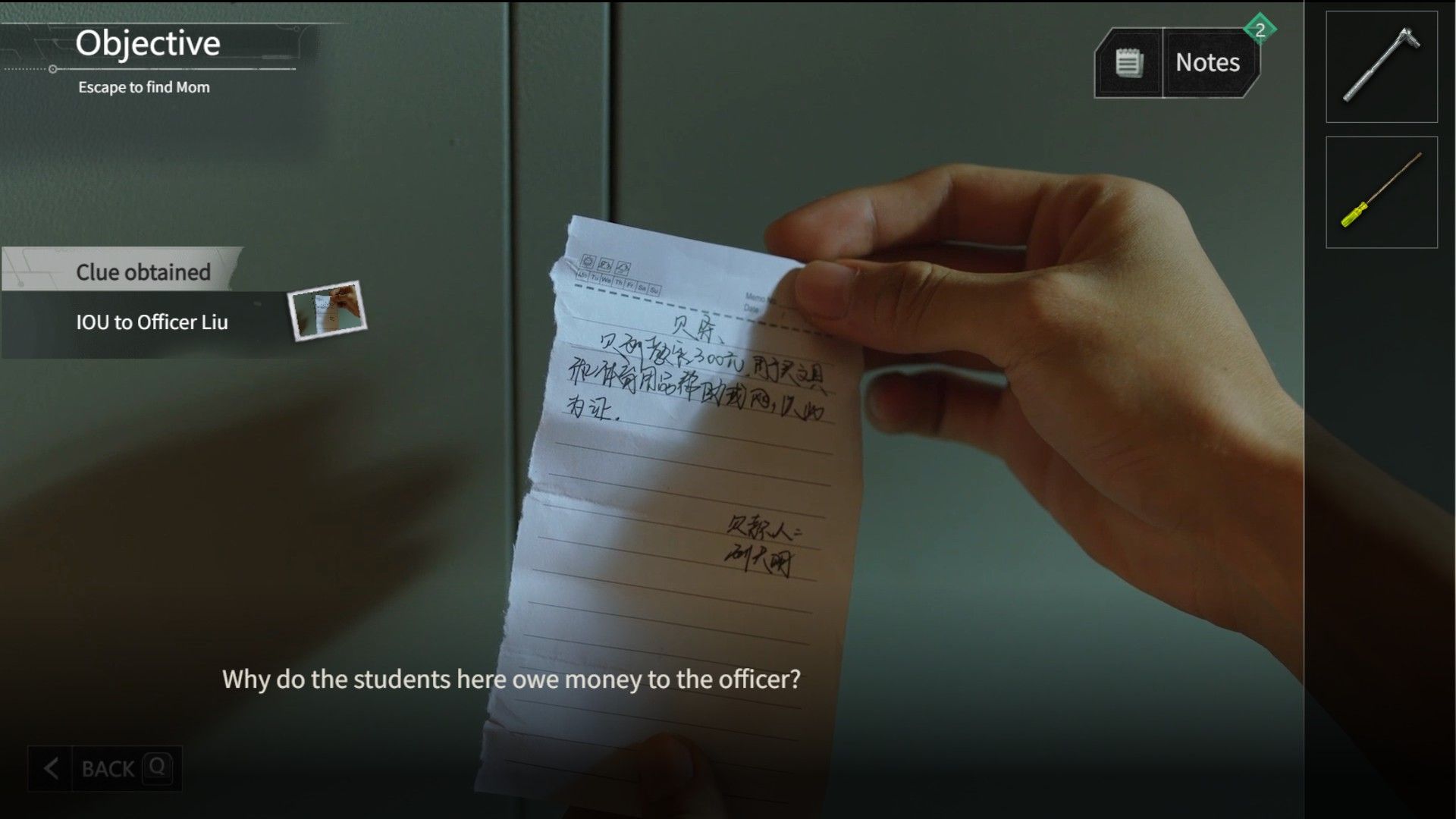
Unfortunately, there's no telling how popular this game will be outside of the Pacific Rim. It's already burdened by being in a very niche genre, but the developer also doesn't have much of an English-language web presence. That's not an insurmountable obstacle, but it is still an issue.
So if Breakout 13 seems like the kind of game that has any appeal to you, give it a look. If it's not for you but you know of someone who might like it, tell them. I suspect that this one's going to require some serious word-of-mouth to make an impression.
